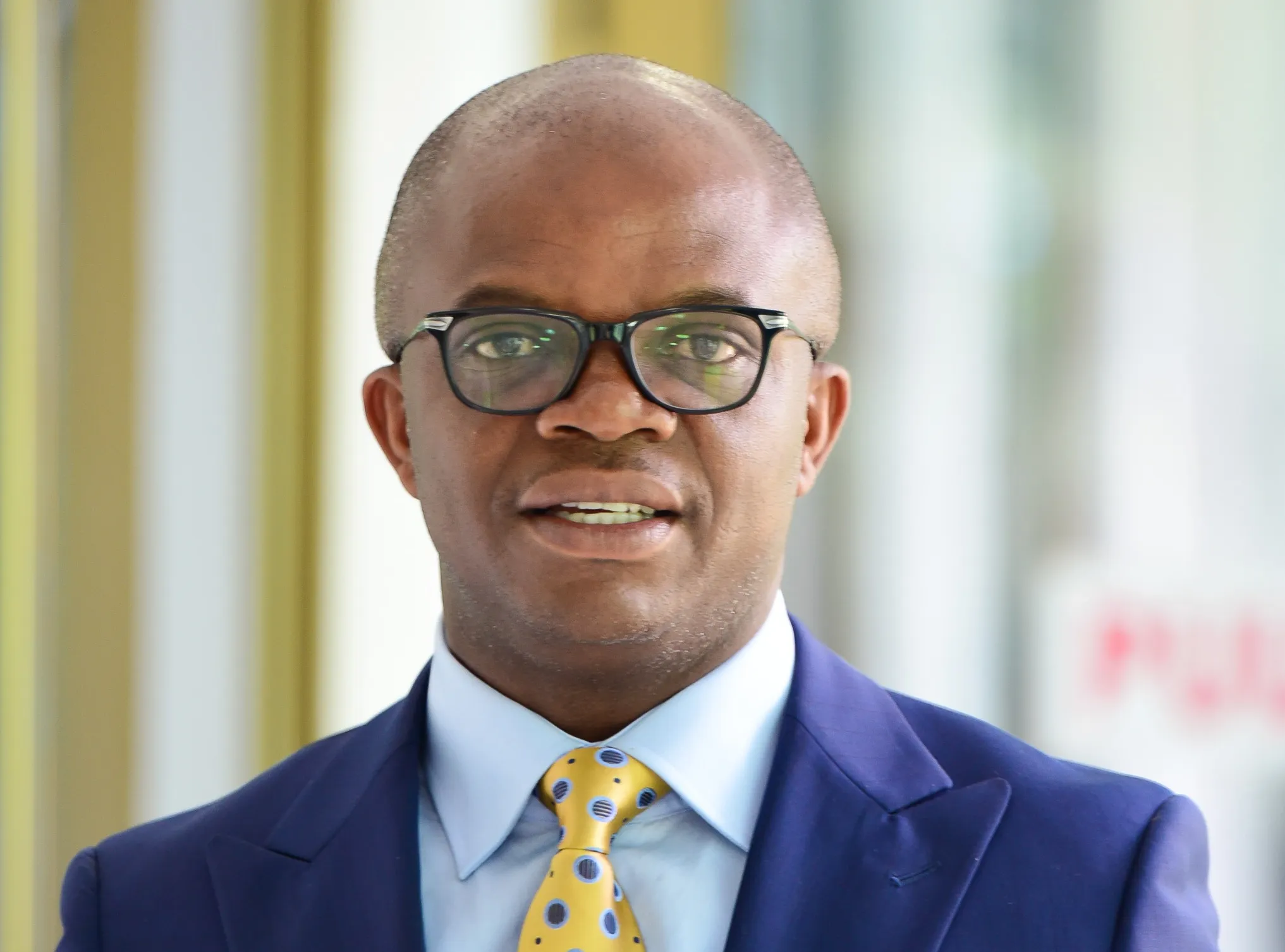Politics
NPP Lawmaker Defends Economic Record Amid Mahama’s ‘Crime Scene’ Allegations

New Patriotic Party (NPP) legislator Stephen Amoah has sharply rebuffed former President John Mahama’s claims that the Akufo-Addo administration left Ghana’s economy in ruins, countering that the governing party inherited a struggling economy in 2017 and delivered measurable improvements before global crises intervened.
The war of words, emblematic of Ghana’s polarized economic debates, underscores the high stakes of fiscal accountability as elections loom.
Speaking on the Asaase Breakfast Show Friday, Amoah, who served as Deputy Finance Minister, dismissed Mahama’s recent characterization of Ghana’s economy as a “crime scene” under NPP leadership. The former president had earlier accused the government of “criminal mishandling” during a National Tripartite Committee meeting, citing undisclosed evidence of fiscal recklessness. Amoah, however, attributed Ghana’s post-2020 economic strains to external shocks, including the COVID-19 pandemic and the Ukraine-Russia conflict, which he said slashed revenues by GH₵12 billion and erased over 40,000 private-sector jobs.
“No government could have fully insulated Ghana from these global crises,” Amoah argued, noting that pandemic-induced market disruptions forced debt reliance to sustain public spending. He defended the NPP’s record by comparing economic indicators from 2017—when Mahama left office—to 2021, when the party began its second term. GDP growth, he claimed, rose from 3.4% to 6.3%, agricultural growth from 2.7% to 4.5%, and industrial expansion from 4.3% to 8.9%. “These figures are verifiable. Let the NDC bring data from the Statistical Service and Bank of Ghana for scrutiny,” he challenged.
Amoah also addressed concerns over Ghana’s debt-to-GDP ratio, which ballooned to over 90% by 2022. He contended that Mahama’s administration had already driven the ratio above 70% before a 2018 economic rebasing—a recalibration of GDP calculations—artificially lowered it to 55%. Critics, however, argue that rebasing merely papered over structural weaknesses, with the current debt crisis exposing vulnerabilities in revenue mobilization and expenditure controls.
Mahama’s “crime scene” rhetoric reflects mounting public frustration over austerity measures tied to Ghana’s $3 billion IMF bailout, including tax hikes and subsidy cuts. Yet Amoah’s rebuttal highlights a broader narrative battle: the NPP credits itself with stabilizing growth pre-pandemic, while the NDC blames reckless borrowing and corruption for the downturn. Economists caution that both global shocks and domestic policy choices share blame, noting that Ghana’s pre-COVID growth relied heavily on oil revenues and unsustainable debt accumulation.
As Ghana navigates recovery, the exchange underscores the political toxicity of economic stewardship in a nation where livelihoods hinge on fiscal stability. For voters, the debate may hinge less on cherry-picked metrics than on lived realities: inflation still above 20%, a depreciating cedi, and youth unemployment at crisis levels. Amoah’s defense, while data-driven, sidesteps these grassroots frustrations—a gap Mahama’s campaign is keen to exploit.
In the end, the clash reveals a truth both parties skirt: economic resilience requires more than partisan scorekeeping. It demands transparency, long-term planning, and policies that prioritize people over political point-scoring. Until then, Ghana’s economy risks remaining a battleground—not just of ideas, but of survival.
Source: newsghana.com.gh



President Mahama to walk the runway at Ghana Fashion Week in July
In a bold and exciting announcement, President John Dramani Mahama revealed that he will make a special appearance on the...


Chez Amis gifts herself Rolls Royce Cullinan on birthday
Renowned Accra-based restaurateur Chez Amis has marked her birthday in grand style by gifting herself a brand-new Rolls Royce Cullinan,...


Akosua Ago Aboagye joins Sompa FM as Accra branch radio manager
Seasoned broadcaster Akosua Ago Aboagye has joined Sompa FM as the Radio Manager for its Accra branch. She made the...


Mahama unveils ‘Black Star Experience’ to boost tourism and culture
President John Dramani Mahama has announced the launch of ‘The Black Star Experience’ as part of his administration’s vision to...


Akosua Ago Aboagye resigns from Despite Media after 20 years
After two decades with Despite Media, seasoned broadcaster Akosua Ago Aboagye has officially announced her resignation. In an emotional farewell...


Lilwin to pay GH₵300,000 to Martha Ankomah in GH₵5million defamation suit
Ghanaian actors Martha Ankomah and Kwadwo Nkansah Lilwin have settled their defamation dispute, bringing an end to the GH₵5 million...
Trending
-

 Showbiz6 days ago
Showbiz6 days agoThe African Giant is dead – Burna Boy says his people killed him
-

 Showbiz2 weeks ago
Showbiz2 weeks agoPlus-size advocate and actress Monalisa Stephen passes away
-

 Showbiz1 week ago
Showbiz1 week agoDada KD died after being turned away from two hospitals – Manager reveals
-

 Showbiz2 weeks ago
Showbiz2 weeks agoVeteran singer Dada KD reportedly dead
-

 Showbiz2 weeks ago
Showbiz2 weeks agoThe most shocking takeaways from Cassie Ventura’s testimony against Diddy
-

 Showbiz1 week ago
Showbiz1 week agoDavido’s barber reflects on humble beginnings and loyalty
-

 Showbiz2 weeks ago
Showbiz2 weeks agoNigerian TV journalist Bukola Agbakaizu dies while on duty
-

 Showbiz2 weeks ago
Showbiz2 weeks agoThey have used me – Oheneni Adazoa breaks ties with NPP
